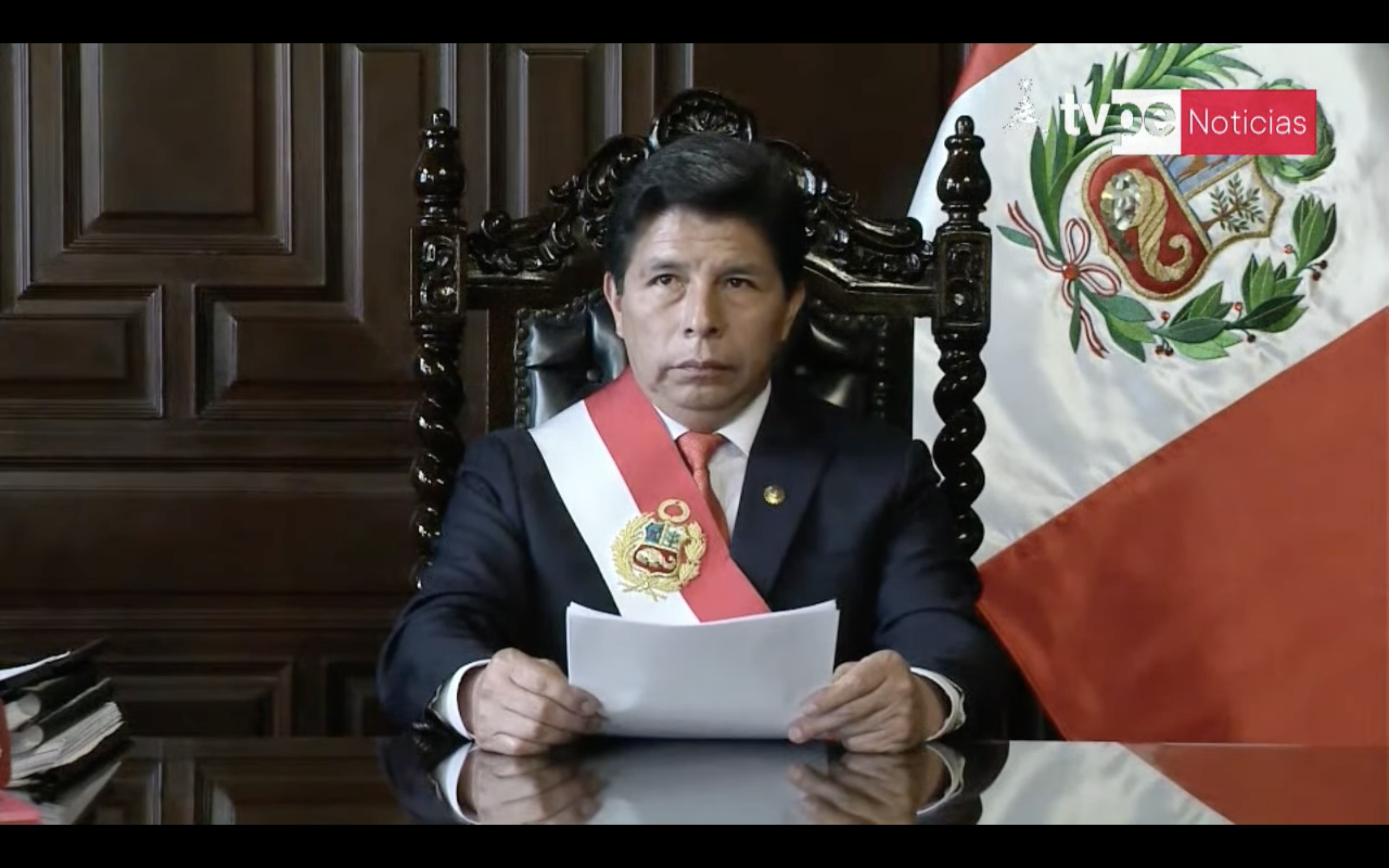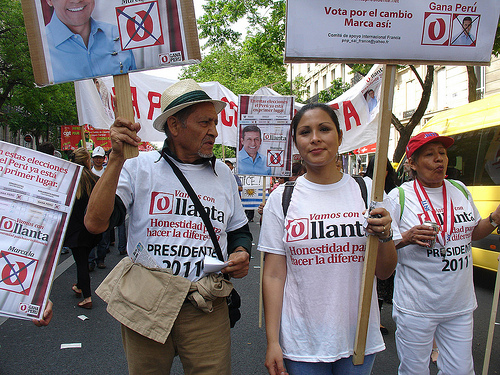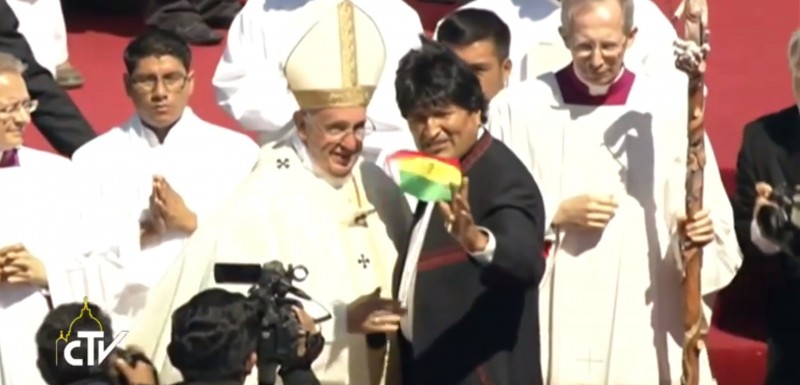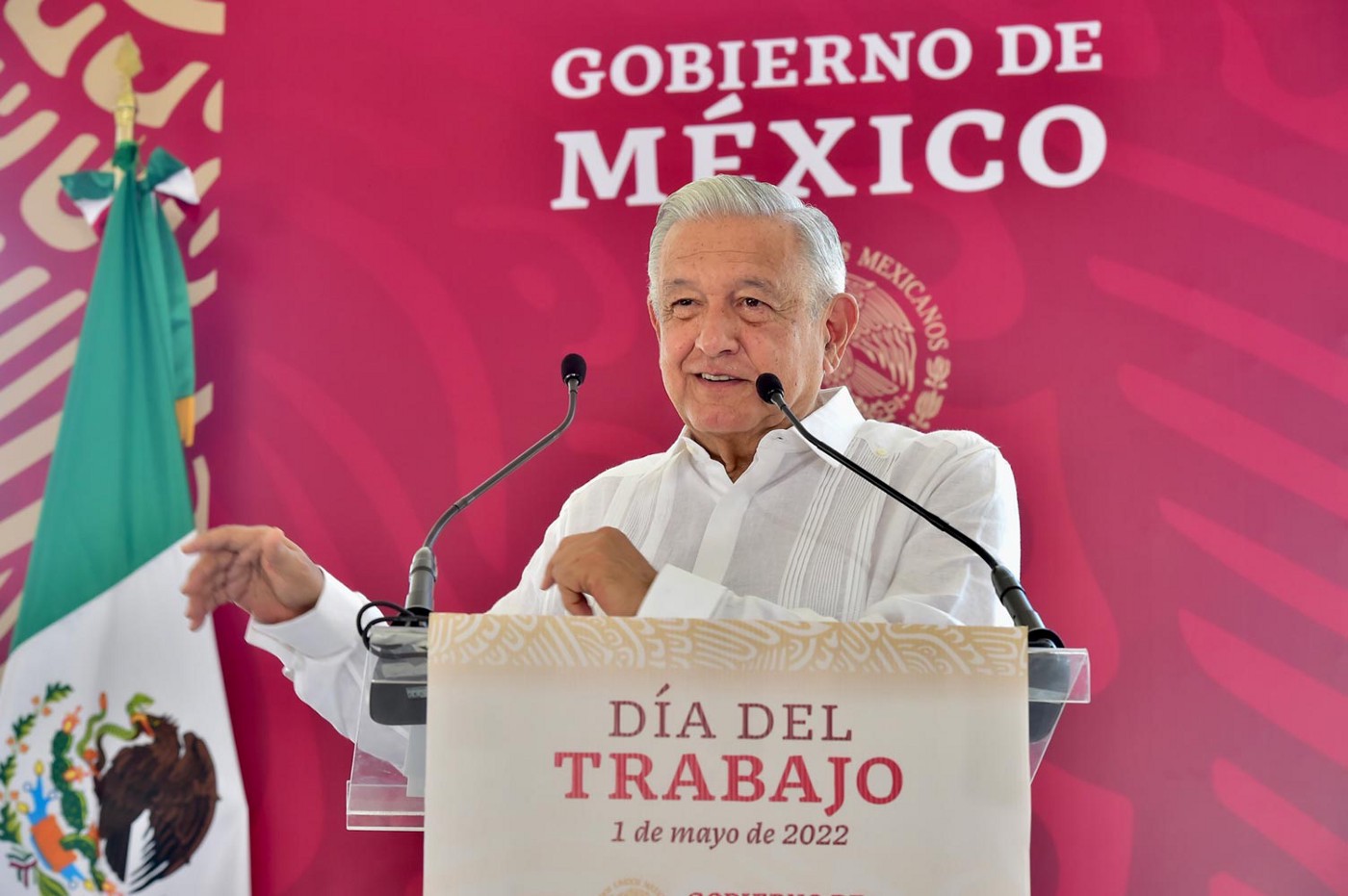
Andes, Dispatches, Peru
Peru’s Pedro Castillo Dissolves Congress, Ousted from Presidency
December 7, 2022 By Jacob Kessler
LIMA — Peru’s former President Pedro Castillo announced on Dec. 7 that he was dissolving Congress, among other actions. Castillo made the announcement on the same day that Congress was scheduled to hold a vote on his impeachment. The move ultimately failed, and Castillo has been arrested by police for what has been called a “self-coup.”
“The most extreme political opponents, in an unprecedented move, come together with the sole purpose of making the government fail… This intolerable situation cannot continue,” said Castillo.
Additionally, the embattled president imposed a country-wide curfew and declared that Peru’s new Congress will have the power to draft a new constitution.
Taking a move out of Fuijmori’s 1992 playbook, Castillo also announced a “gobierno de excepción,” effectively instituting a state of emergency and enabling himself to rule by decree.
Castillo’s announcement comes as his impeachment proceedings were set to begin today. This would have been the third time he has faced impeachment since becoming president in July 2021.
Immediately after making this announcement, politicians from across the political spectrum came out to denounce Castillo and called this move a coup. On Twitter, liberal Congresswoman Susel Paredes tweeted, “No one owes obedience to a coup government. I support Congress and the start of the presidential succession….#FueraDictador.”
Later in the day, Feliz Chero Medina, Peru’s Minister of Justice and Human Rights, announced his resignation on Twitter: “Respectful of the democratic institutionality and due to the announcement of the closure of Congress and the formation of a national emergency government, I irrevocably resign from my position as Minister of Justice and Human Rights.” In addition, the General Commander of Peru’s Army, Córdova Alemán, resigned today due to reasons which are “strictly personal.”
Illustrating how Castillo’s closest allies are now abandoning him, even Peru Libre, the political party which supported Castillo in 2021, announced it would “not support the ongoing coup.”
Peruvians have witnessed seven presidents detained or wanted for charges of corruption since 2011. In this climate, many in the country are fed up with Castillo and his seemingly never-ending corruption charges. Indeed, nearly 66% of Peru’s population believe Castillo is involved in corruption and 68% don’t trust the president, according to a recent Ipsos Peru study. It is therefore not surprising that many former Castillo supporters are renouncing support for their former leader.
In a recent New York Times article, rural and indigenous Peruvians, a constituency which helped elect Castillo, expressed their frustration with a man they previously supported. Dealing with rising food prices and economic instability, at least part of Castillo’s base is abandoning him.
“He said he was going to change the country. He tricked us,” Estaurofila Cieza told the Times.
In addition, many former Castillo supporters from across Peru interviewed by Latin America News Dispatch have now declared their opposition to the president.
However, some Castillo supporters are maintaining the president’s innocence and agree with his recent actions. They believe that Peru’s Congress is a corrupt institution and has not been letting the president govern.
Percy Ríos Ñahui is a taxi driver and tourism operator who works in Cusco, Peru’s second largest city. He voted for Castillo in 2021 and supports the President amid his ongoing troubles.
“The political parties that want to enrich themselves are the ones who want to remove Castillo from power. I support Castillo because he has no history of corruption and I support it [the dissolution of Congress]. It is necessary due to all the corruption in our country.”
Despite retaining some support among his base, Castillo’s unconstitutional announcement eventually led to his downfall.
Allies he would have needed to support his attempted “self-coup,” Peru’s armed forces and police, released a joint statement rejecting Pedro Castillo’ attempts to avoid impeachment. The president was then seen in the afternoon with his family vacating the presidential palace. Shortly thereafter, Congress voted to impeach Castillo, despite apparently being “shut down.”
Castillo attempted to flee the palace to the nearby embassy of Mexico to seek asylum. However ordinary citizens blocking the road successfully impeded Castillo’s entourage. The president was then arrested and is now being held by the police in Lima.
As Castillo remained in police custody, former Vice President Dina Boluarte was sworn in as Peru’s president. The first woman to hold Peru’s highest office, Boluarte has a long road ahead. In her first speech as president, she said fighting government corruption would be her top priority––a tall order given that Boluarte herself was part of Castillo’s administration as minister of development and social inclusion.
However, Boluarte differs from both Castillo and Peru Libre, the political party with which she and the former president were both elected. She has said she is against “a generalized nationalization of the economy and government intervention in the media.” She has also previously commented that although she is a leftist, she strives not to be sectarian or totalitarian.
Only time will tell if Boluarte will be successful in guiding the country through this tumultuous period. Now, as Peru is yet again in political limbo, the country anxiously awaits what lies ahead.
About Jacob Kessler
Jacob Kessler is a freelance journalist based in Peru. He covers international LGBT news, Chinese influence in South America, and other human rights issues. He is a graduate of Hunter College and speaks Spanish, Portuguese, Chinese, and English.




